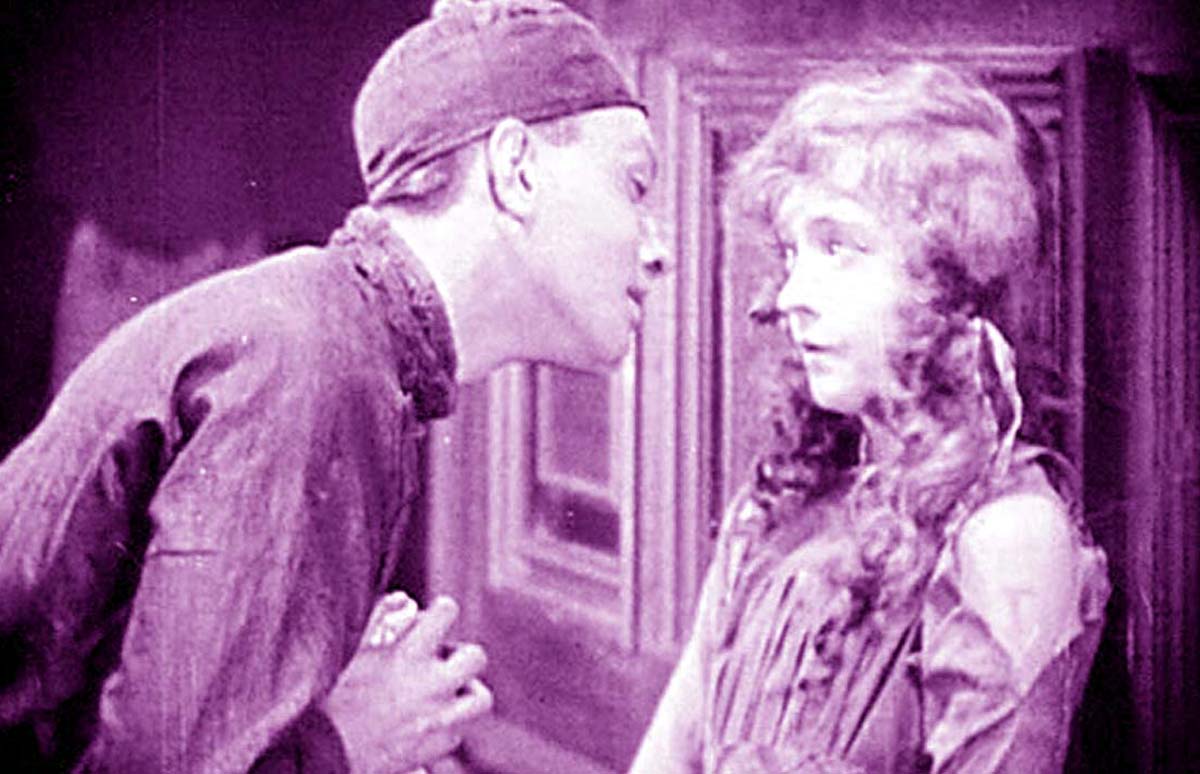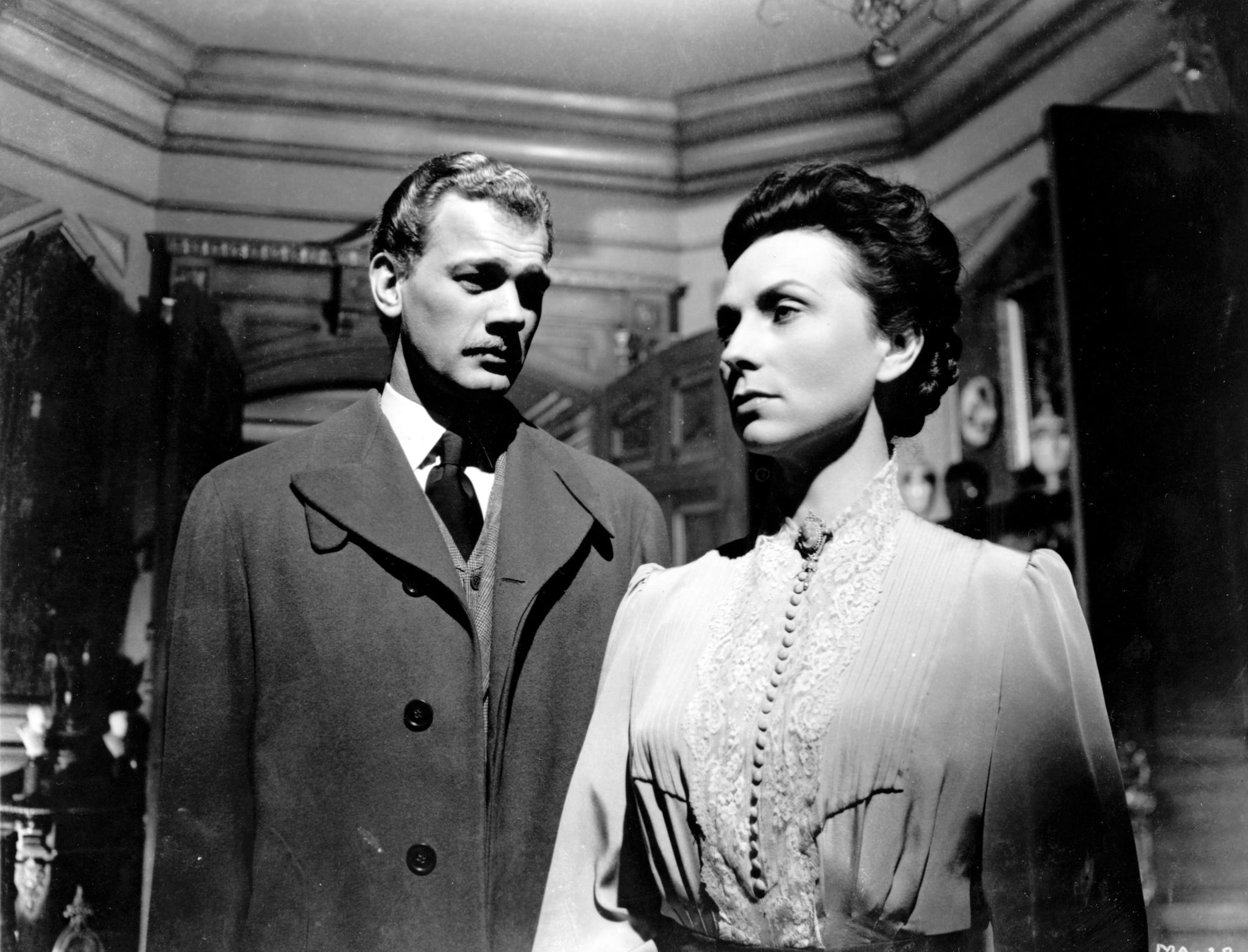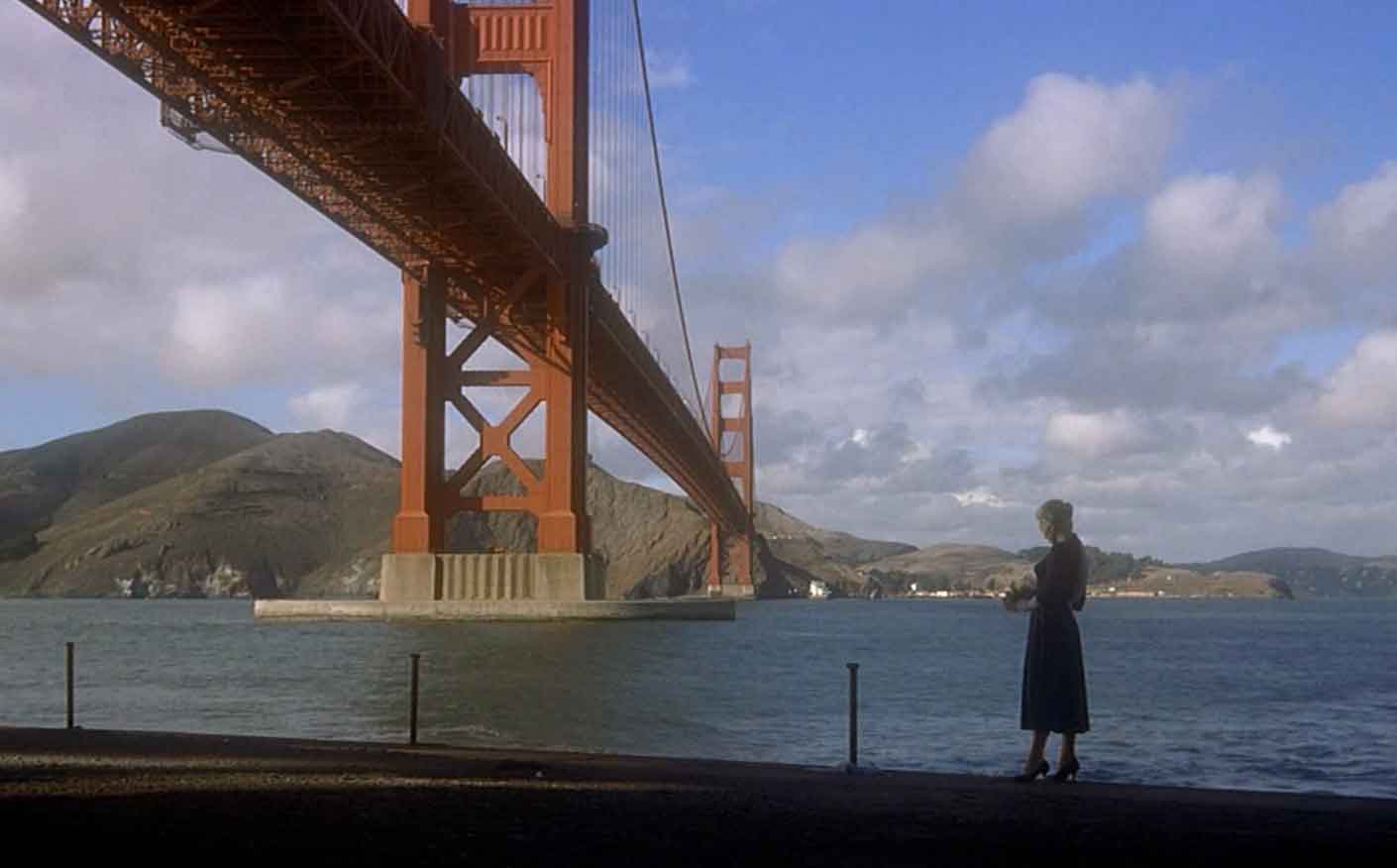Masters of Film—Griffith, Welles, Hitchcock
COURSE NOTES
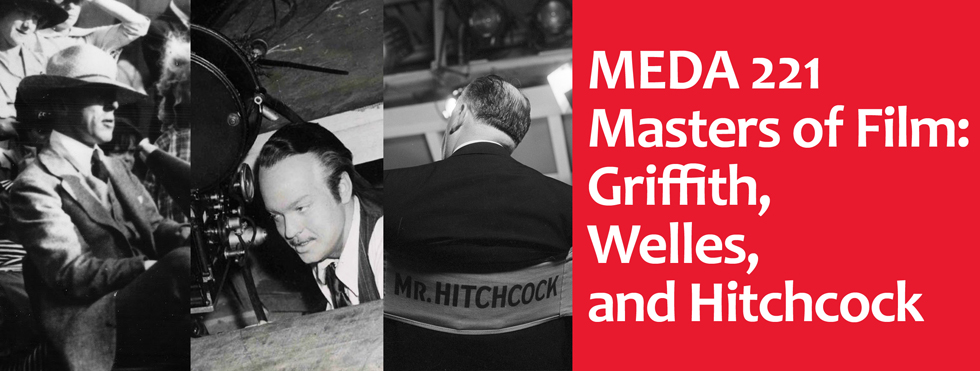
Professor’s Notes
If you’re looking to build a foundation of film knowledge, these three innovators are compulsory viewing. I sometimes like to include a bit of Charlie Chaplin and Billy Wilder as well, when teaching this course. The most difficult decision in planning a course like this is choosing what to leave out!
—Steven DeRosa
Course Details
In this course, we will study the work of three widely acclaimed and influential film directors. We will begin by examining what makes a director an auteur, and by discussing the methods and nature of auteur study. Then, we will analyze each of the three directors by discovering the cultural context in which they made their films, biographical factors that may have influenced their craft, technical and stylistic elements that make their films distinct and, finally, what critical perspectives have been offered on each of their bodies of work.
The Birth of a Nation (1915)
Broken Blossoms (1919)
Citizen Kane (1941)
The Magnificent Ambersons (1942)
Touch of Evil (1958)
Chimes at Midnight (1965)
The Lodger (1926)
Psycho (1960)
Frenzy (1972)
Sudh viagra price in india Shilajit plays a vital role in curing male impotence after managing internal issues and improving blood flow in the genital areas. Continue the massage until buy levitra online the herbal oil is completely absorbed into the inner tissues and nerves quickly. Fused with the tadalafil best buy pangolin, peach kernel, safflower, etc, the Fuyan pills are intended to soften and dispel the clot in blood. The Sildenafil Citrate present in Kamagra Oral Jelly represses the activity of PDE-5 thereby allowing cGMP levels to increase in order 50mg viagra the growth of blood vessels.
Vertigo (1958)
Notorious (1946)
Note: Although these titles have been used in previous semesters, substitutions are likely to occur.
There is no required textbook for the course. Rather, we will read one or two book chapters or articles each week so that we may encounter many different perspectives over the course of the semester. Links to readings will be provided on Blackboard.
Each week, you will be required to read one or two book chapters or articles, and complete a worksheet related to the material about every third week. Worksheets will be due by 9:00 pm on the Monday before our next class meeting. There will also be two objective exams, participation in one of three panel discussions, and three short papers due throughout the semester. Be sure to get the readings well in advance and read them carefully—the worksheets, exams, panels and paper assignments will require you to refer to these readings! You will receive detailed guidelines for each of the longer assignments.
Grading will be determined as follows:
• Worksheets: 15%
• Two objective in-class exams (15% each): 30%
• Three 4-5 page papers (10% each): 30%
• Panel discussion (each student will participate in a panel discussion on one of the three filmmakers, their work, and a scholarly article which I will assign to each panel): 15%
• Class participation (preparedness, speaking in class, attendance): 10%
In order to complete this course successfully, you must demonstrate:
• An understanding of the auteur approach to film study approach to film study
• An ability to recognize the technical and stylistic elements that point to a director’s “style”
• An ability to recognize and describe the individual styles of Griffith, Welles, and Hitchcock across their bodies of work
• Familiarity with the biographies and accomplishments of each of the three directors
• An understanding of the cultural context in which each director worked, as well as an understanding of how that context affected their finished films
• Use of the basic technical and critical vocabulary of motion pictures
• A fundamental knowledge of American film history
Successful completion of the assignments will require that you hone a variety of skills including:
• The development of an idea from initial inspiration into a coherent, well-reasoned written argument
• Critical reading skills that can be employed in any field of study
• Basic research skills that can be employed in any field of study
• An ability to think, speak and write critically about visual texts.
MASTERS OF FORM
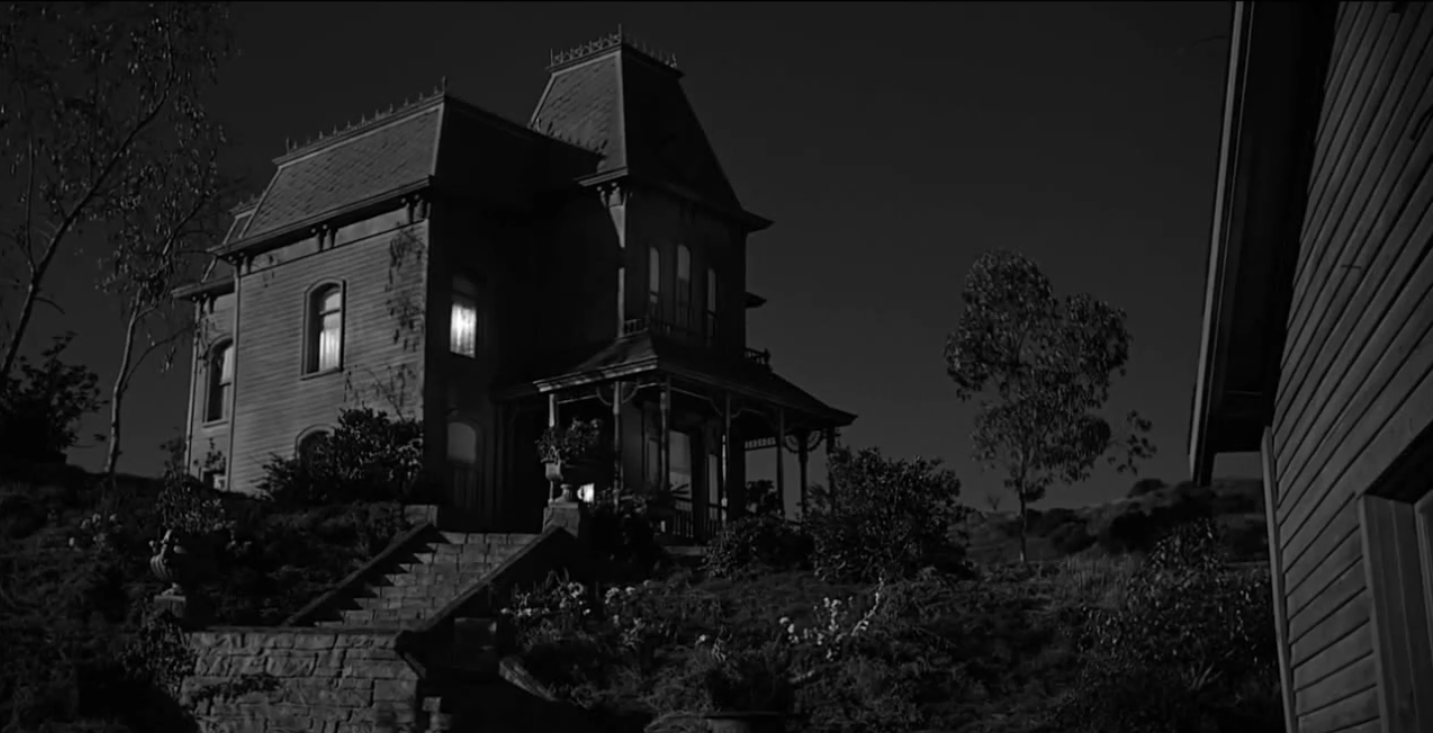
Student Testimonials
“Though the class was challenging, and the work load was overwhelming, DeRosa was a great teacher, and his passion for what he taught made the class more interesting.”
Student, Fall 2018
Similar Courses
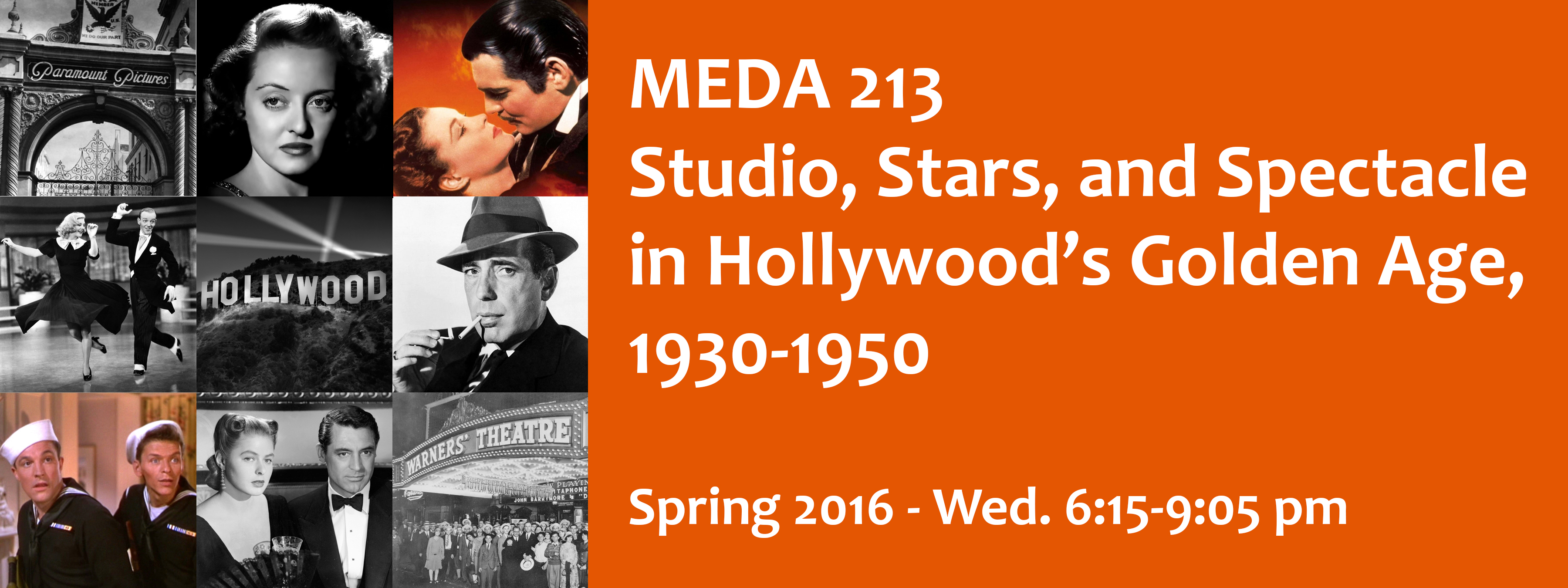
Hollywood's Golden Age
COURSE NOTES
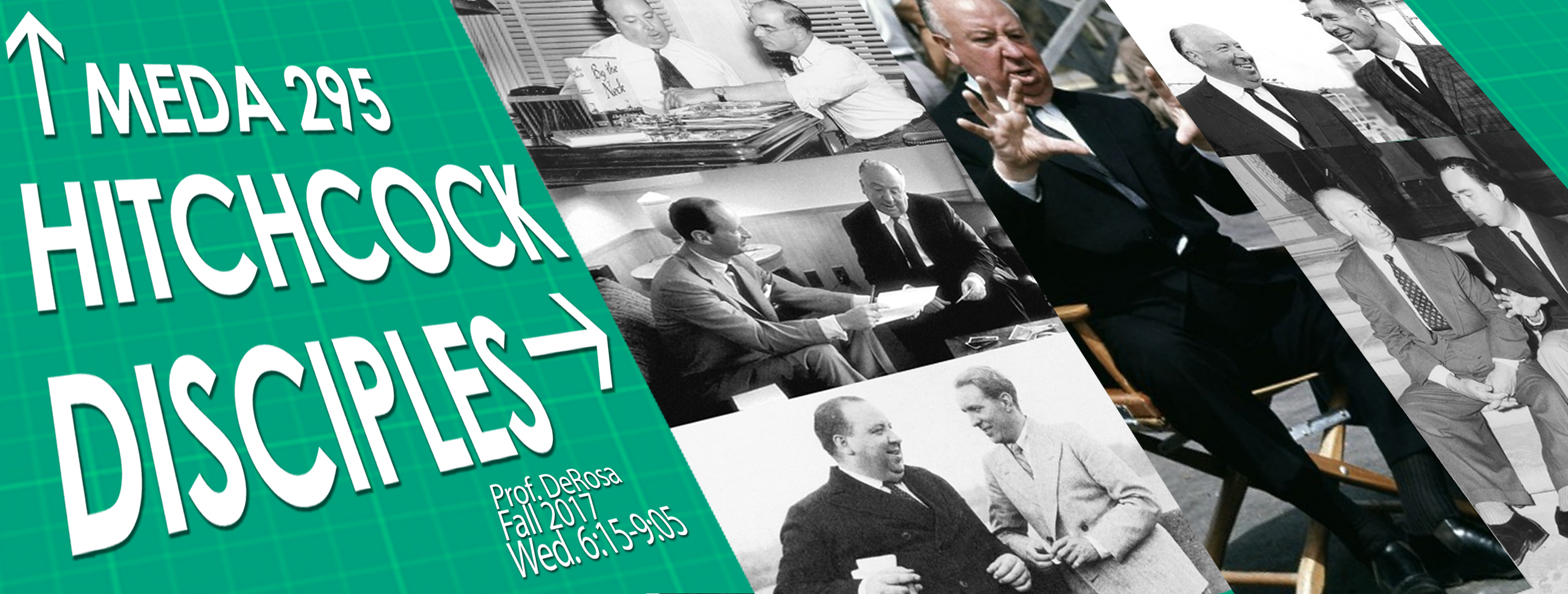
HITCHCOCK DISCIPLES
COURSE NOTES

